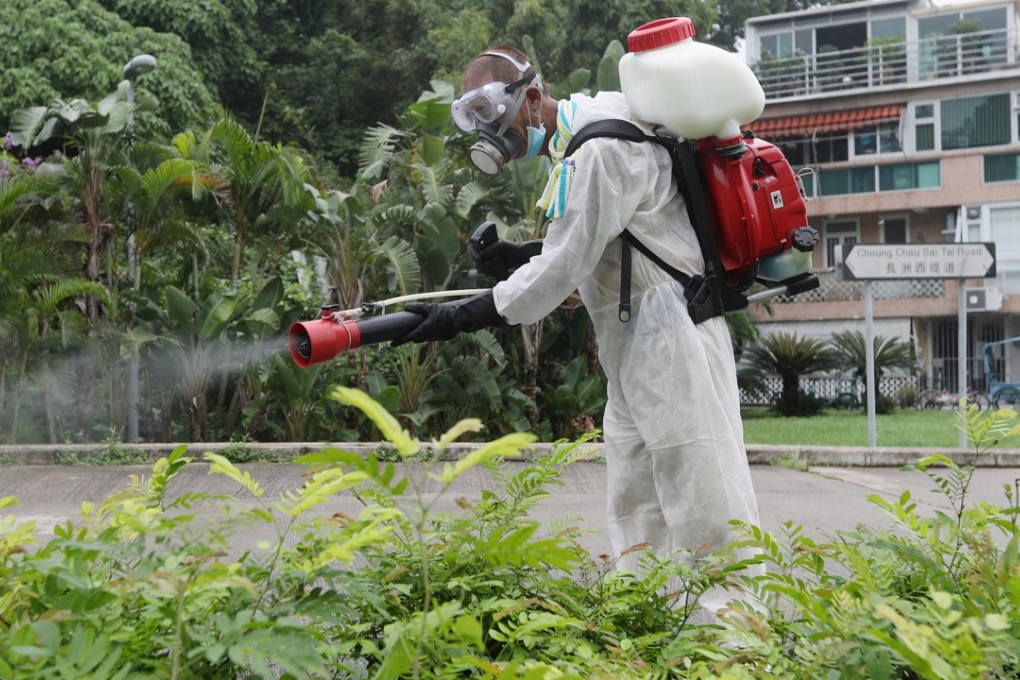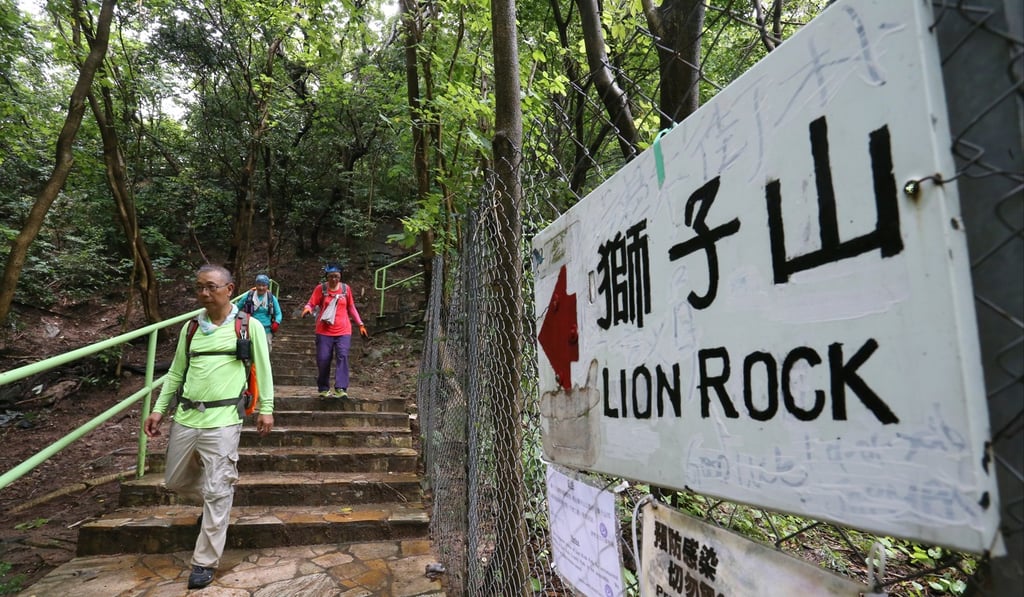Hong Kong’s dengue fever outbreak hits record high as four new cases confirmed
Confirmed cases from Cheung Chau and around Lion Rock Park bring total number of sufferers to 23 this year

Four more Hongkongers were confirmed to have dengue fever on Thursday, bringing the number of people who have contracted the virus locally to 23 this year – the most cases reported since records began in 1994.
The four new patients were in a stable condition, the health department’s Centre for Health Protection said.
They either live on or had visited Cheung Chau island, which has other infected residents, or, like those whose infections were reported since August 14, had gone to the popular Lion Rock Park.

The spike in cases over a 10-day period has worried medical experts, who fear that a further outbreak will stretch the already overburdened public health system.
Most dengue fever cases in previous years were imported – patients were bitten elsewhere and displayed signs of the illness on returning. The last time a large number of local cases was recorded in a short period of time was in 2002 when 20 cases were reported within two months. Since 1994, dengue has been a statutory notifiable disease, which means doctors have to report each case they treat.
This year, 61 imported cases, mostly from Thailand, the Philippines and Cambodia have been reported, the CHP said.